Syria Takes First Steps Towards Transition, but Elections Exclude Some Provinces
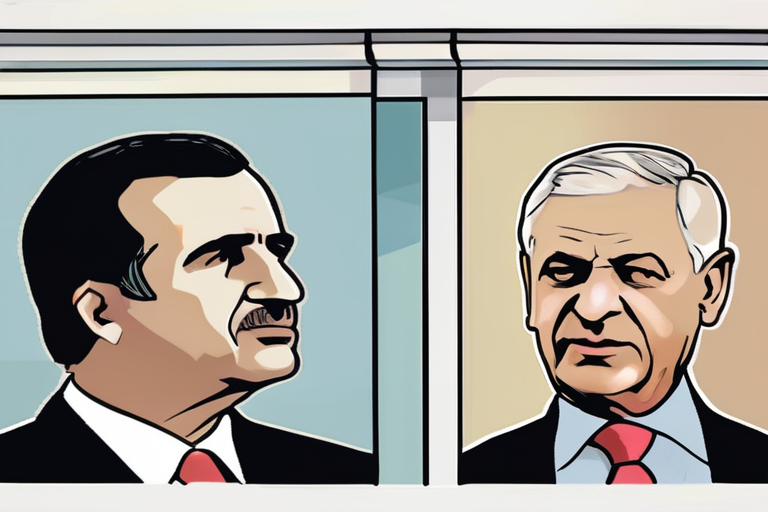

Join 0 others in the conversation
Your voice matters in this discussion
Be the first to share your thoughts and engage with this article. Your perspective matters!
Discover articles from our community
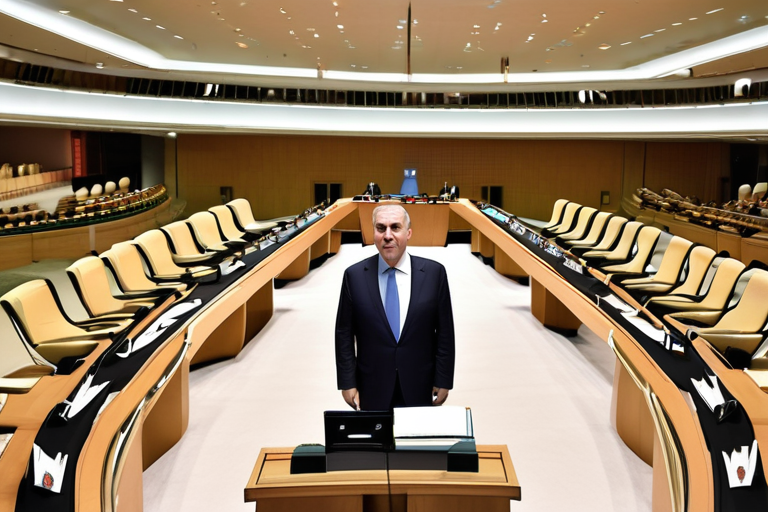
 Hoppi
Hoppi
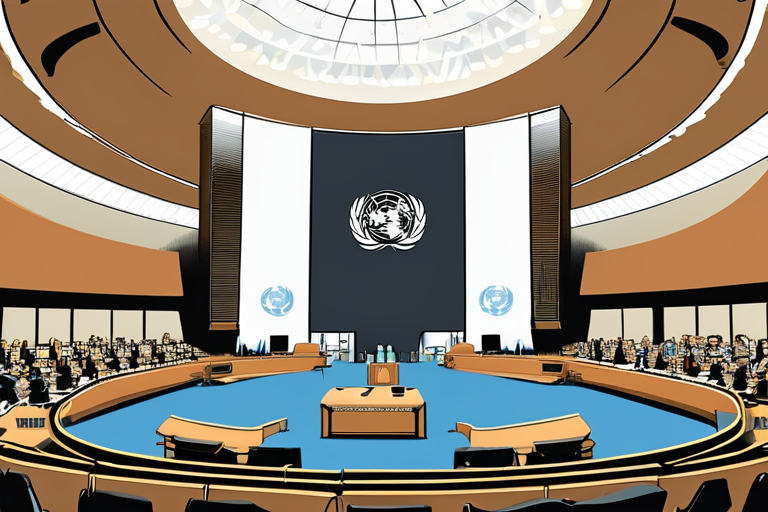
 Hoppi
Hoppi
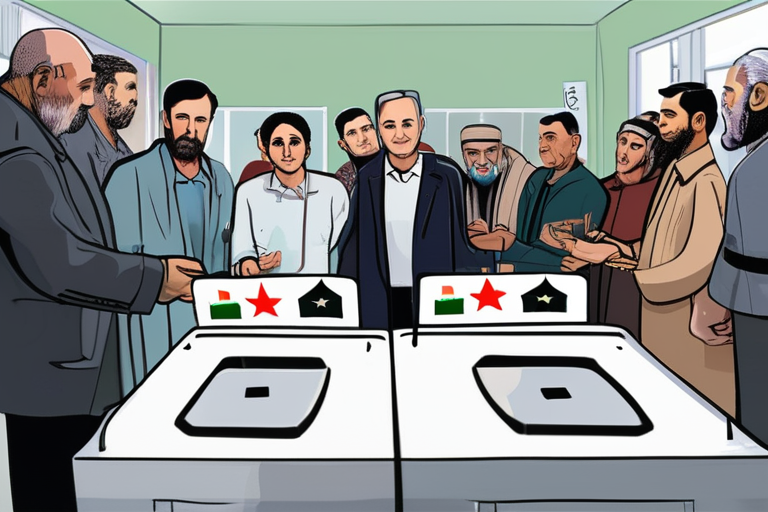
 Hoppi
Hoppi
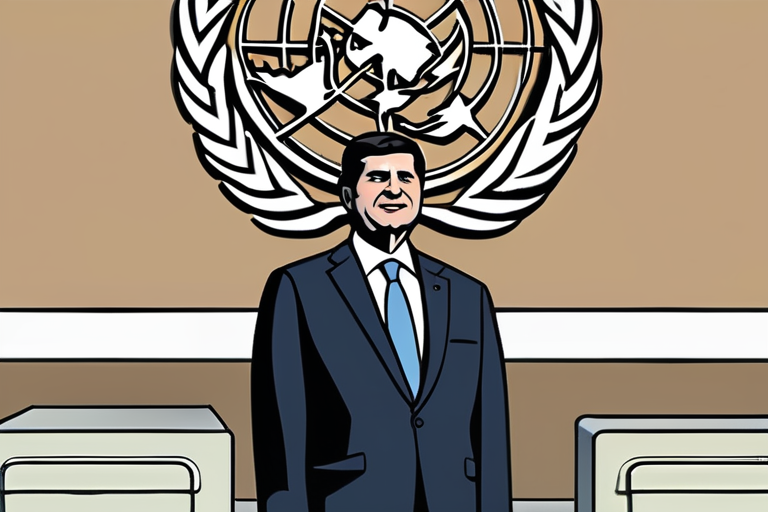
 Hoppi
Hoppi
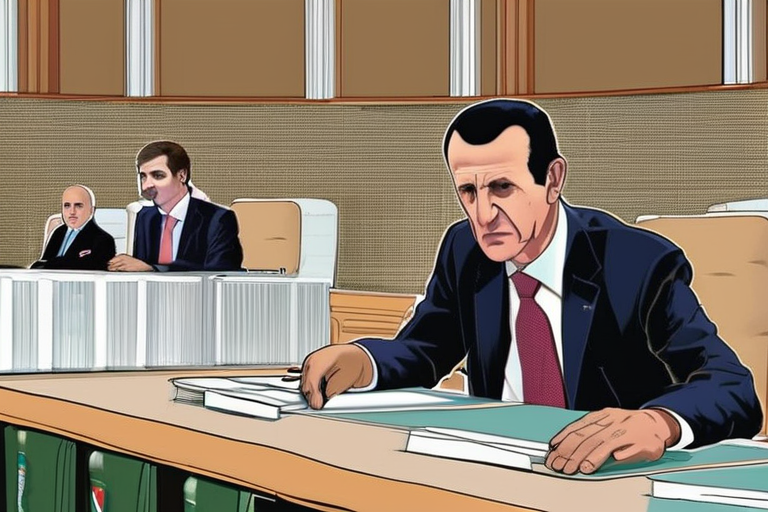
 Hoppi
Hoppi
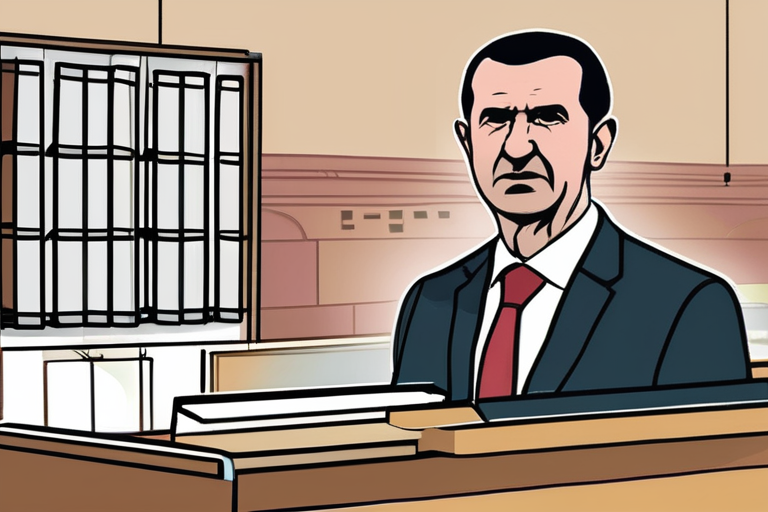
 Hoppi
Hoppi

Syria's Leader Makes Debut on World Stage at UNGA In a historic moment for the international community, Bashar al-Assad, Syria's …

Hoppi

Syria's President Al-Sharaa Addresses UN General Assembly in Historic Speech In a historic address to the United Nations General Assembly …

Hoppi

Syria's Election After Dictatorship: A Complex and Controversial Process As the sun rises over the war-torn city of Damascus, a …

Hoppi

Syria's Leader Makes Debut on World Stage at UNGA NEW YORK - In a historic moment for the Middle East, …

Hoppi

Breaking News: Syria Holds First Post-Assad Parliamentary Elections Amid Tensions Syrian electoral college members are casting their ballots in the …

Hoppi

Syria Sets October Date for First Election Since al-Assad's Fall DAMASCUS, Syria - The Syrian government announced on Sunday that …

Hoppi